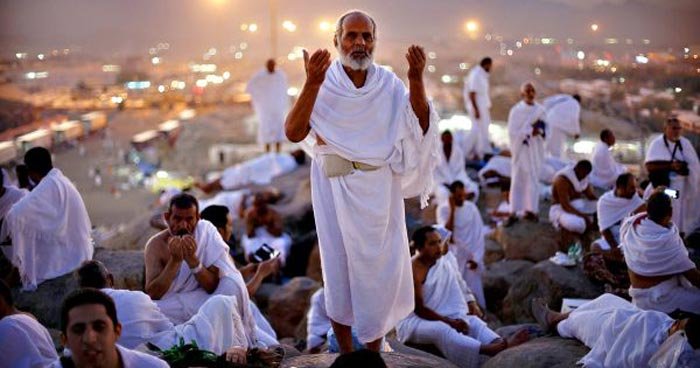
The Pakistani government has introduced a Hajj installment plan to ease the financial strain. On low- and middle-income citizens, ensuring more people can participate in this important religious journey. This initiative reflects the government’s focus on making Hajj affordable and accessible to a larger segment of the population.
Quota of Pilgrims
As part of the new Hajj policy, Pakistan has allocated a quota of 179,000 pilgrims. Divided equally between government and private tour operators. Special provisions within this quota are reserved for hardship cases and low-income workers. Offering support to those who might otherwise find it challenging to meet the costs. Additionally, the policy introduces eligibility guidelines. Children under the age of 12 cannot participate, and medical certificates are required for individuals with serious health issues to ensure they are fit for the journey.

Installment Policy
The most notable feature of the new policy is the three-installment Hajj payment plan. Designed to reduce the burden of upfront costs. Under this plan, pilgrims will pay an estimated total of Rs1.1 million, divided into three payments. The initial deposit of Rs200,000 is due upon application, allowing applicants to begin the process with a manageable amount. After being selected through a lottery system, prospective pilgrims will pay a second installment of Rs400,000. The remaining balance is due prior to departure, providing applicants time to manage finances gradually without the pressure of a single large payment.
Hajj Payments
Pending final approval from the federal cabinet, this proposal would mark a major shift in how Pakistani citizens approach Hajj payments. The Ministry of Religious Affairs, which oversees the program, has emphasized that this payment structure aims to make the Hajj pilgrimage *more accessible*, especially for those who face financial limitations. For many families, gathering a substantial sum in one go can be challenging; the installment plan alleviates this burden by spreading payments over a period of time. This initiative aligns with similar moves by governments globally that are implementing installment options for pilgrimage financing, recognizing the importance of easing the process for devotees.

Hajj Packages
The government’s approach underlines its commitment to serving diverse socioeconomic groups, ensuring that religious obligations remain within reach for those who might otherwise struggle financially. By enabling payments in three phases, the new policy encourages wider participation and underscores the government’s focus on facilitating affordable Hajj packages for Pakistani pilgrims. This is especially important as the cost of living rises, and inflation impacts household budgets across the country.
Hajj Experience
This year, Hajj will begin on the evening of June 14 and last until the evening of June 19, 2024. Beyond the payment plan, the policy’s focus on safety and eligibility reinforces a comprehensive approach. By establishing age restrictions and requiring medical clearances, the policy prioritizes the well-being of pilgrims and ensures a safe and fulfilling Hajj experience.

